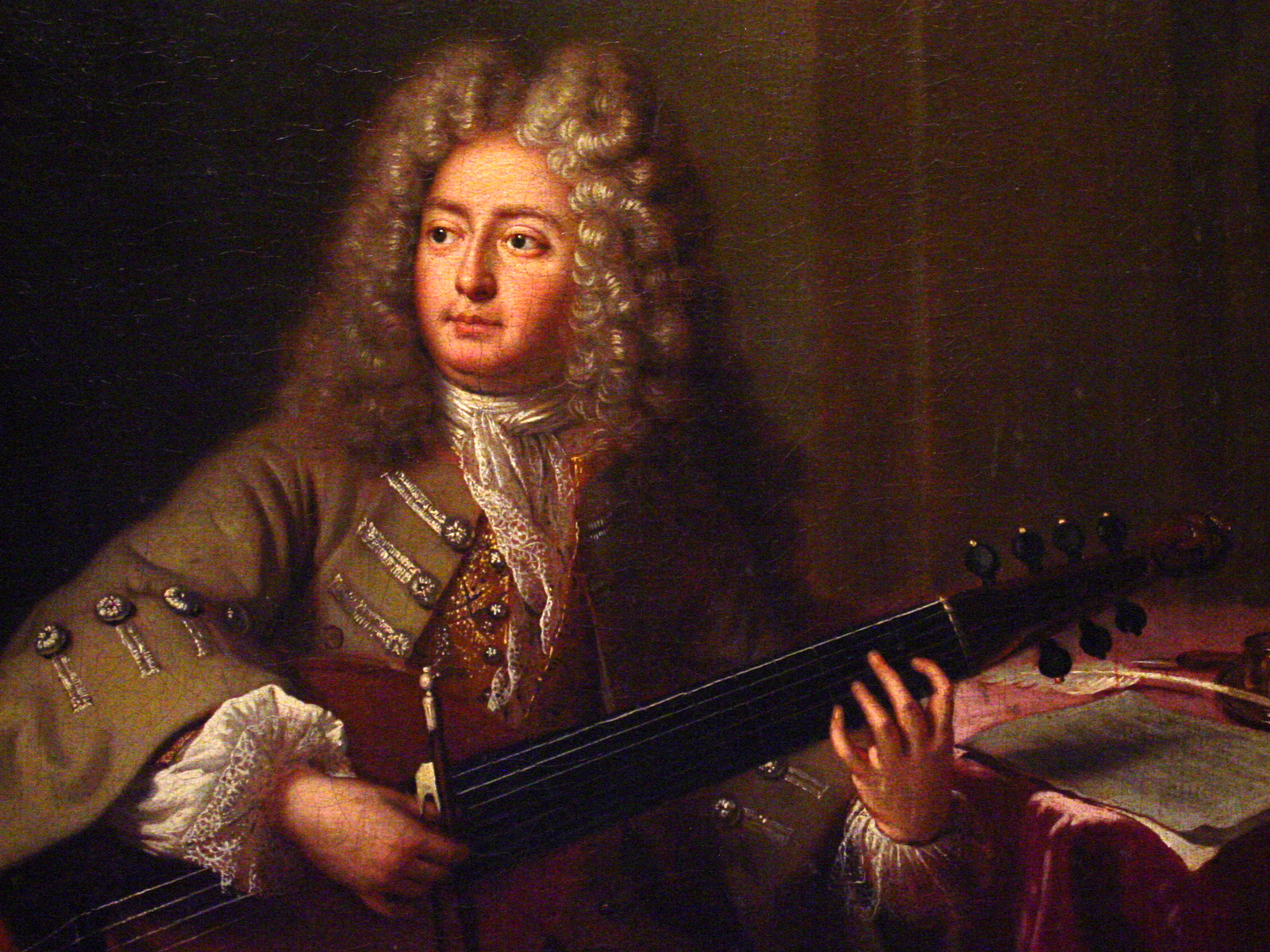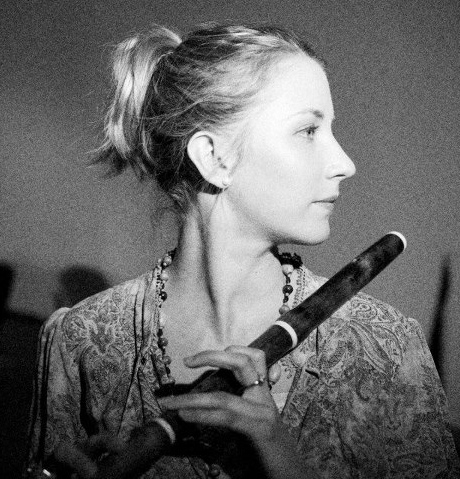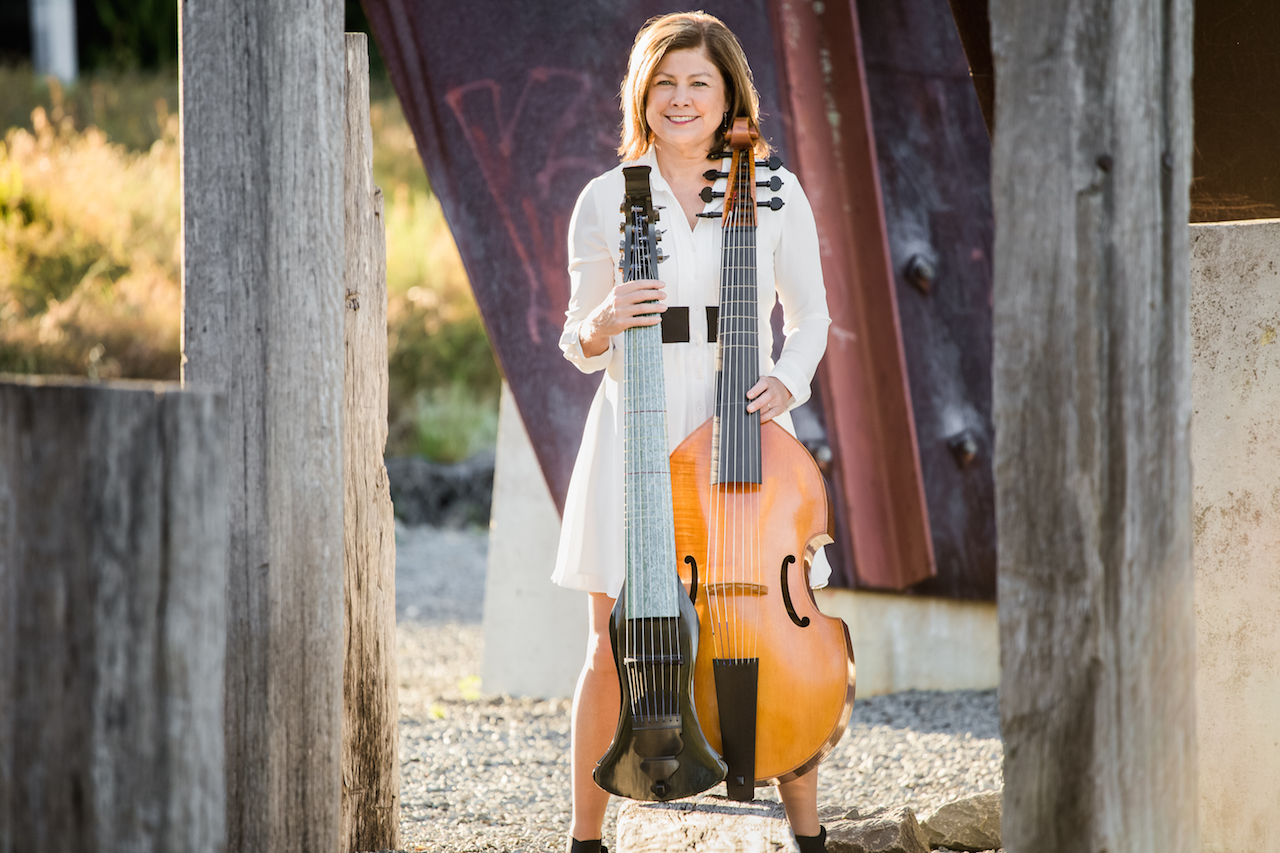However far The Marais Project wanders into the realms of Swedish folk music, jazz or even newly composed works, we always come home to our passion and reason for being: the music of Marais and the French Baroque. This was the great era of the viola da gamba as a solo and ensemble instrument and Marais was one of its most important prophets. After more than 25 years exploring this fascinating music myself, and 16 years with The Marais Project, I feel we are just now starting to understand something of the tremendous subtlety and sophistication that original audiences and performers must have taken for granted. Our focus today is the vocal music of Marais and one of his contemporaries, Michel Pignolet de Montéclair. This is the first time we have presented vocal works of Marais but the wonderful cantatas of Montéclair are old friends! Putting this concert together has been a long and complex challenge. It has entailed creating new, more readable scores as the original manuscripts are difficult to follow even for those of us dedicated to playing from manuscripts. I am indebted to my son, Siebe Pogson, and Belinda Montgomery, for their work on the Montéclair and Marais scores and to Raymond Harvey for arranging excerpts from “Sémélé” for our ensemble. Please enjoy!
Jenny Eriksson, Founder and Director
Program
- Marin Marais (1656-1728), Pièces de Violes 4e livre
– Menuet Muzette (plus gai)
– Muzette (gracieusement et doux) – Double
- Michel Pignolet de Montéclair (1667 –1737), Pan et Sirinx (cantata for voice, flute and violin)
- Marin Marais, Sémélé, Acte Deuxième (2nd Act) Instrumental music arranged by Raymond Harvey
The Music
Marais’ Sémélé, his last known opera, is in the form of a tragédie lyrique (French lyric tragedy), a genre of French opera introduced and developed by the great composer and opera entrepreneur, Jean-Baptiste Lully, an artistic leader par excellence at the French Court. Marais was a member of Lully’s orchestra and studied composition with him. Operas in this genre are usually based on stories from Classical mythology or the Italian romantic epics of Tasso and Ariosto. The atmosphere is typically noble and elevated. The standard tragédie en musique has five acts. Marais’ libretto was provided by Antoine Houdar de la Motte and it was first performed on April 9, 1709, by the Paris Opera at the Théâtre du Palais-Royal. Marais composed several other successful operas but retired as Director of the Paris in 1709 after 5 years in the role. Sémélé was not performed for 300 years but has been revived and even recorded in full in recent times. It will be presented in its entirety for the first time in the U.S. in August, 2015.
Like Marais (the son of a shoemaker), Michel Pignolet de Montéclair had a working class background, his own father being a weaver. Little is known of his life and there are no known surviving portraits of him. After a stint in a rural choir school which he joined aged 9, he moved to Paris as a member of the Opera Orchestra. He was a direct contemporary of Marais and it is reasonable to assume they met or at least knew of each other. He worked for a time in Italy and appears to have been well respected as a teacher and pedagogue. No less than the great François Couperin entrusted his daughters to him for tuition. There is a joy and freshness to Montéclair’s music and it is extremely well written for both instruments and voices. Based on the evidence before us he was clearly a man of significant abilities and musical intelligence. We intend to keep scheduling his music in the future.
Plot outline Act II, Sémélé
Dorine and her lover, Arbate (Mercury in disguise), consider Semele’s difficult situation and reconfirm their love for each other. Semele tries to shun Idas (Jupiter in disguise) in order to fulfil her obligation of betrothal to Adraste. Jupiter reveals his identity to her and organizes a celebration. A chorus of fauns, nymphs, and naiads sing and dance. Adraste appears and questions Semele, who tells him that she is loved by a god. Adraste tries to attack Jupiter, but a cloud spirits Jupiter and Semele away, leaving Adraste behind vowing revenge.
Event: Marais and the Operatic Muse
When: 3pm, Sunday August 16 2015
Where: Sydney Conservatorium of Music, Macquarie St, Sydney
Tickets: www.maraisproject.com.au or phone 0412 459 156




